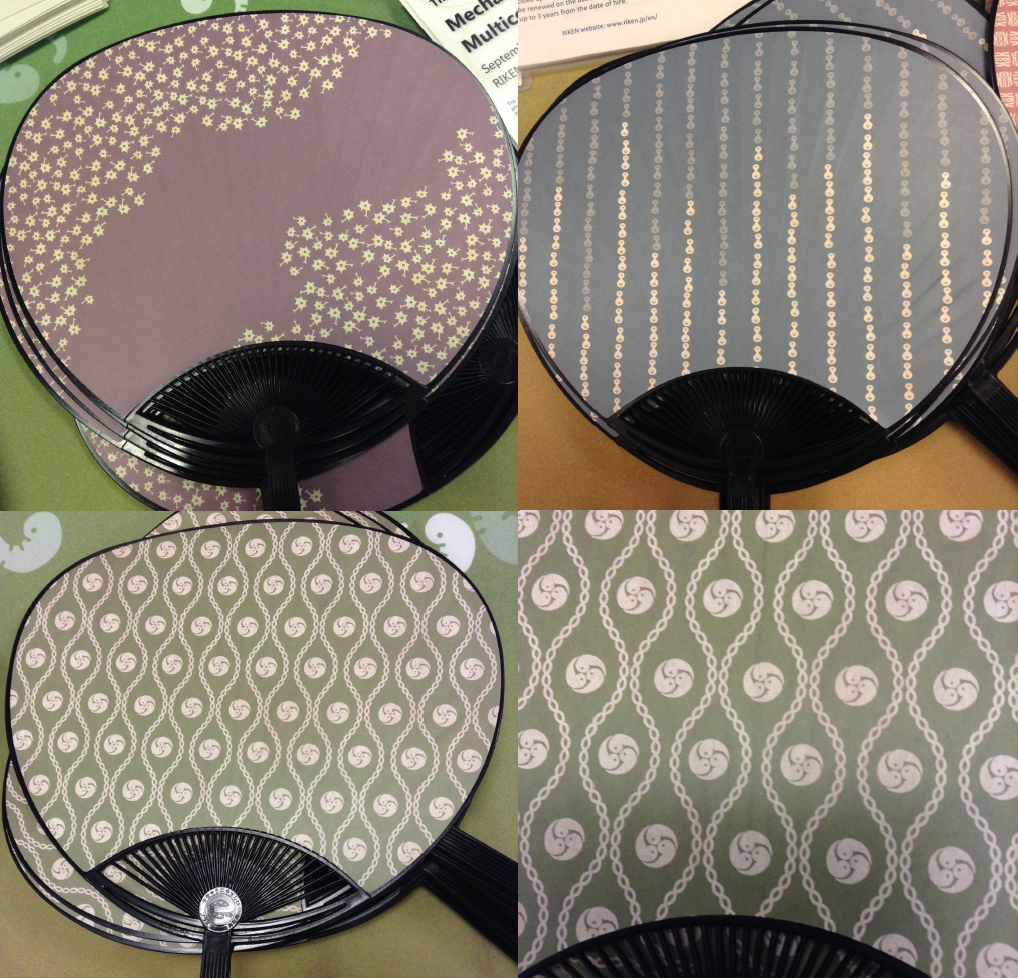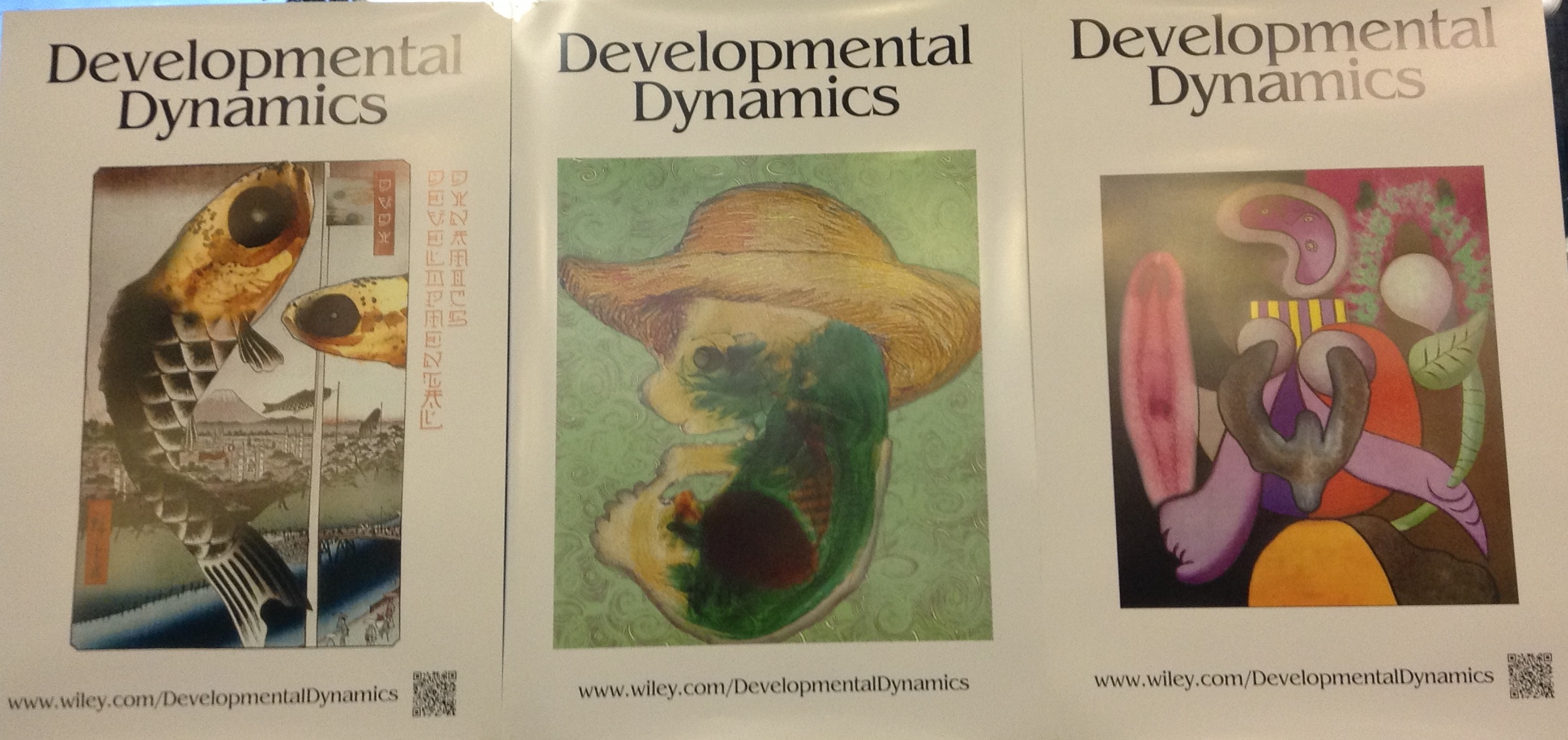On progressing your career and communicating your science- Advice from the SDB meeting
Posted by Catarina Vicente, on 17 August 2015
Last month I attended the SDB annual meeting in Utah, an excellent conference that featured great scientific talks and additional educative sessions covering outreach, inclusiveness and more. I tweeted extensively from the Node’s twitter account, but as many of the readers of the Node are not on twitter, I realised that you may have missed out on some of the great advice shared at the meeting. So here is the roundup of some the thoughts and recommendations shared at the conference!
On progressing your scientific career:
Brigid Hogan was awarded this year’s SDB Lifetime Achievement Award, and gave a great talk on her life and career so far, and the lessons she learnt along the way:
- You have to take risks if you want to follow your passion and do something important.
- Seek out people who will give you criticism, even if it is difficult. It will help you do better.
- Share the resources (reagents and ideas) you have generated. It will help you know people and they will share their resources with you.
- Be confident in your own results.
- Find good role models, not just for how you do science but also on how to deal with important social issues.
- Have your 2 minute elevator speech ready. You never know when it will come handy! (read our interview with Brigid for her account of how a well-timed 2 minute speech helped her establish the CSH course on mouse embryology).
- Never go to a organisational/administrative meeting unprepared. Form your coalitions beforehand.
- Trust your own scientific judgement and seek impartial advice when making a career move.
- Interactions with clinicians can be very rewarding.
- Keep embracing new technologies and apply them to your system. One of the best ways to keep up with what’s new is to attend meetings.
- Publish, publish, publish- stories are never complete and others will find your data useful
Kathryn Tosney was the winner of the Viktor Hamburger Outstanding Educator Prize, and gave a varied talk that ranged from her work on growth cones to her recent iguana preservation project. During her career she has been involved in many aspects of mentoring, and here are some of her thoughts:
- Descriptive has become a bad word in science, but it’s essential to frame your question. Looking is important.
- Advice to postdocs- don’t assume you can take your project with you when you start your own lab. This will have to be negotiated with your PI.
- Advice for new assistant professors (echoing Brigid’s thoughts)- write your papers as you go along, and publish early. Early publications help to establish that you are respected, independent and productive.
- Good letters from prominent supporters are key for promotion.
- Presenting a good poster is important to make connections. Write a good title that states the result and why is important
- In science the workload is too high, the pay is too low, it can be frustrating… It can’t just be a job, must be a passion!

On communicating your science
One of the additional sessions on the conference was the education symposium, where the do’s and don’ts of science communication (at many levels) were discussed. Chanda Jefferson is teacher who won this year’s South Caroline Biology Teacher of the Year award. She told the audience what teachers need from scientists:
- Give your research a hook- something to remember. E.g. the title of Bonnie Bassler’s TED talk on quorum sensing is a great hook: ‘How do bacteria talk?’- this is something that gets the students interested!
- Make research fun- what is the coolest, the grossest bit of your research? Turn it into a story.
- Make your work relevant to students, generalise to something they can relate to.
- Develop data-based activities: give your own data to the class to analyse, help teachers develop practical lab activities.
In the same session Karen Weintraub, a freelance journalist, talked about what journalists need from scientists when they are writing a story:
- Speak English, not science. And don’t be condescending- journalists are not idiots, they just aren’t specialists in your field
- Share your passion for the work- don’t assume it is obvious.
- Put your work in a broader context. Don’t exaggerate your findings but don’t underplay them either.
- Pretty images make your research easier to understand, and are more likely to get visibility.
- Use metaphors and analogies.
- It is good to have notes, but don’t just read what you wrote. A good interview is a conversation between the journalist and the scientist.
- Sharing personal details and experiences may be uncomfortable, but helps the public connect and care about the research.
- Journalists are just as intimidated by you as you are by them!
- Journalists are under pressure and over-worked. They need your help to write the best story that they can!
What good advice (on this or other topics) was shared at recent meetings you have attended? Leave a comment here and share it with the rest of the community!



 (1 votes)
(1 votes)